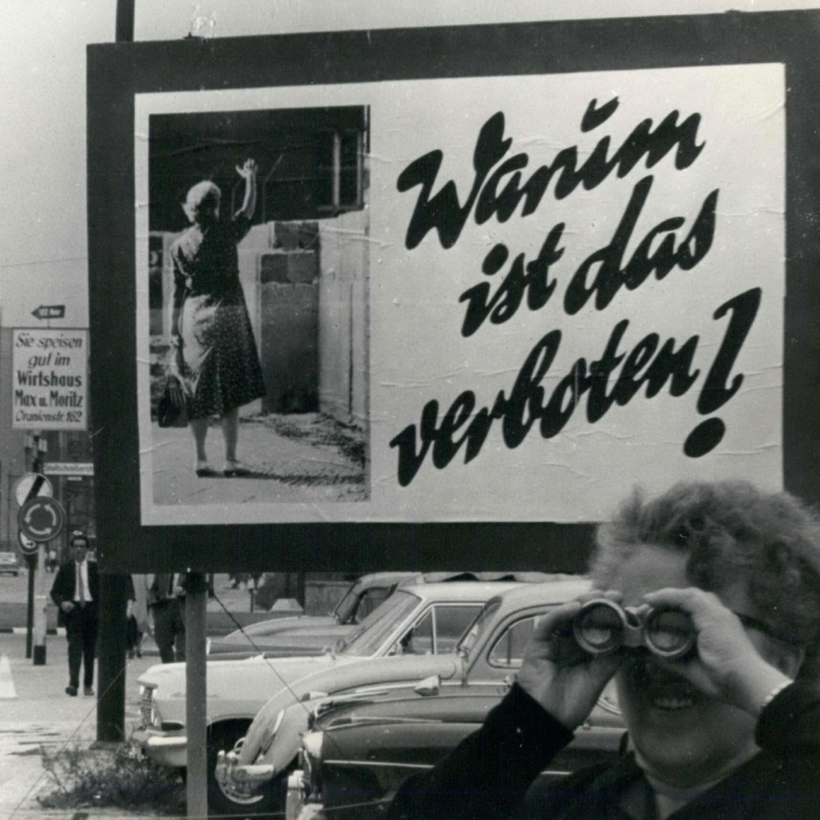The Berlin Exchange by Joseph Kanon
Before he was Ed McBain, before he was even Evan Hunter, Salvatore Lombino worked as a literary agent. His clients included PG Wodehouse. Years later — you’ll have to do the raspy Bronx accent yourself — he gave his pithy but admiring verdict on “Plum”: “He was a pro.”
Joseph Kanon is a pro too. He had a prominent career in publishing in America before writing his first thriller in 1997. The setting of his debut, Los Alamos, was the group of wartime scientists around Robert Oppenheimer who were helping to build the atom bomb. In his subsequent novels, such as The Good German, which was turned into a film with George Clooney, and Istanbul Passage, Kanon has continued to explore similar terrain.

